Education:
Ph.D., Economics, Goethe University Frankfurt, 2022 (expected)
M.Sc., Money and Finance, Goethe University Frankfurt, 2016
B.Sc., Economics, Humboldt University Berlin, 2014
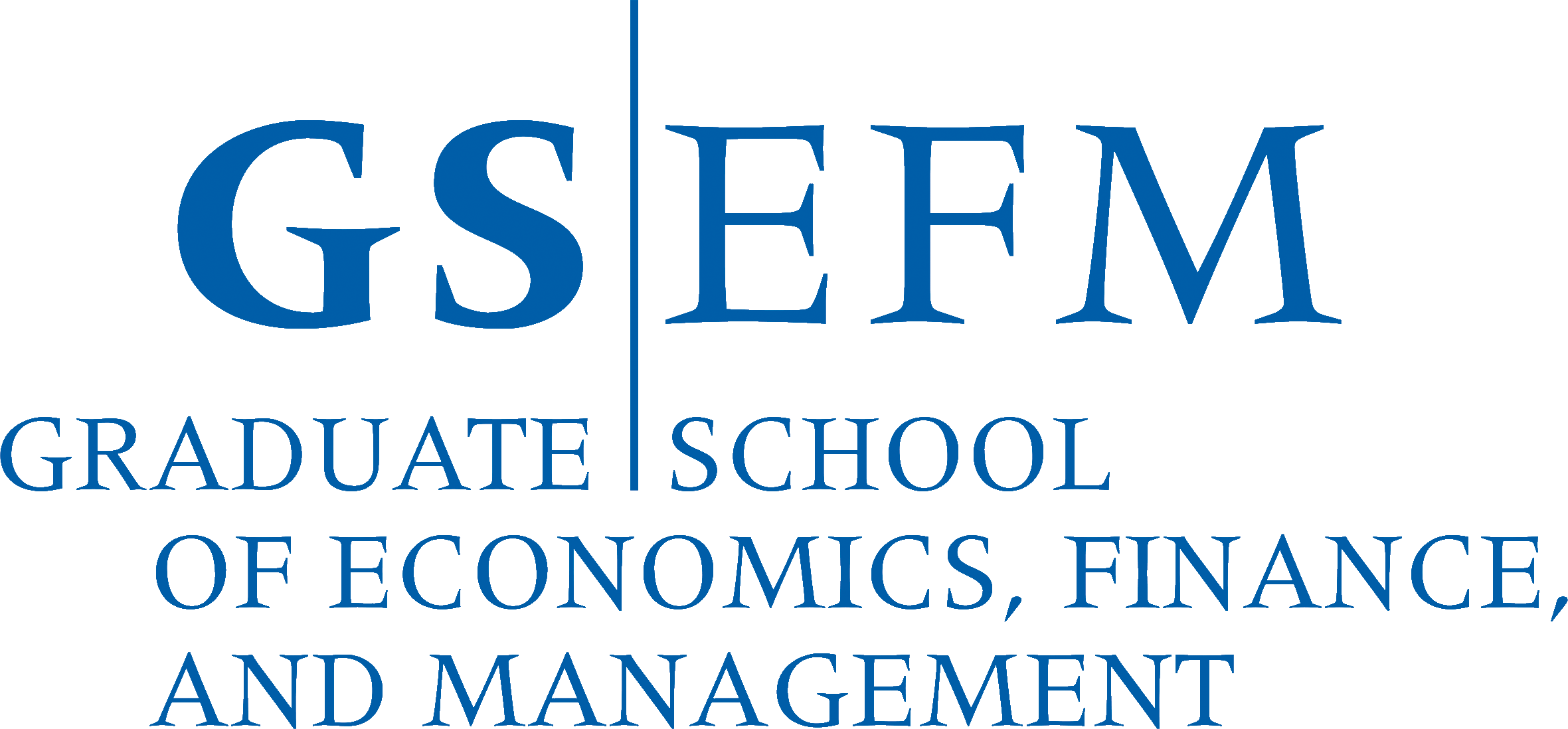
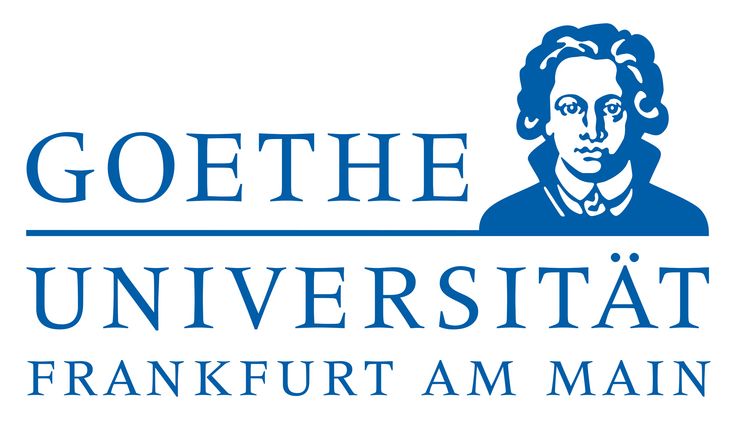
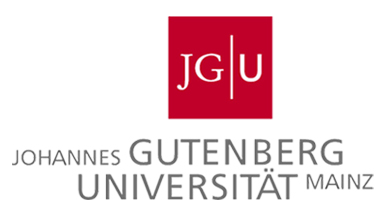
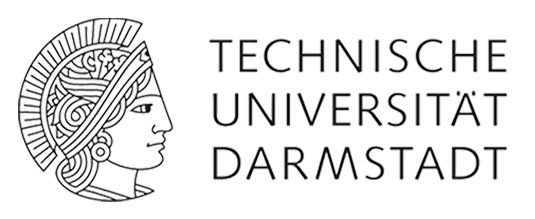
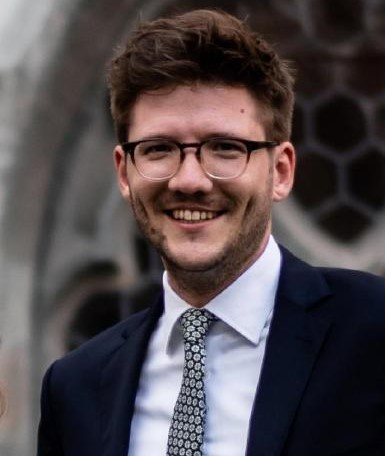
Goethe University Frankfurt
House of Finance (Room 3.43)
Theodor-W.-Adorno Platz 3
60323 Frankfurt am Main, Germany
Phone: +49 176 73568040
Email: Maximilian.Mayer@hof.uni-frankfurt.de
Personal Website: https://mayer-max.github.io
Education:
Ph.D., Economics, Goethe University Frankfurt, 2022 (expected)
M.Sc., Money and Finance, Goethe University Frankfurt, 2016
B.Sc., Economics, Humboldt University Berlin, 2014
Fields of Specialization:
Labor Markets, Corporate Finance, Banking
Curriculum Vitae:
References:
| Prof. Ester Faia (Advisor) Chair in Monetary and Fiscal Policy Goethe University, Frankfurt faia@wiwi.uni-frankfurt.de |
Prof. Gianmarco Ottaviano Department of Economics Bocconi University, Milan gianmarco.ottaviano@unibocconi.it |
Prof. Vincenzo Pezone Department of Finance Tilburg University, Tilburg v.pezone@tilburguniversity.edu |
Job Market Paper:
The Right Director in the Right Firm: Director Heterogeneity, Sorting and Firm Performance
Abstract: This paper studies the sorting of firms and directors appointed to their boards. I apply a finite-mixture random-effects model to estimate the contribution of unobserved firm and director heterogeneity while explicitly allowing for an interaction between the two to estimate the quality of the match between board members and firms. Results reveal that positive complementarities drive positive sorting. Using hand-collected data and textual analysis to build a large dataset on directors' skills and qualifications, I find directors with specialized skill sets to be associated with larger complementarities. In contrast, consistent with the idea of knowledge hierarchies in the firm, CEOs or CFOs tend to be generalists relying on directors' advice. Finally, using unexpected deaths of board members the paper establishes a positive causal effect of boards, where productivity is concentrated to a few highly complementary directors, on firm value and firm performance.
Other Papers:
The Value of Firm Networks: A Natural Experiment on Board Connections
With Ester Faia and Vincenzo Pezone
Abstract: We present causal evidence on the effect of boardroom networks on firm value and compensation policies. We exploit a ban on interlocking directorates of Italian financial and insurance companies as exogenous variation and show that firms that lose centrality in the network experience negative abnormal returns around the announcement date. The key driver of our results is the role of boardroom connections in reducing asymmetric information. The complementarities with the input-output and cross-ownership networks are consistent with this channel. Using hand-collected data, we also show that network centrality has a positive effect on directors' compensation, providing evidence of rent sharing.
On the Employment Consequences of Automation and Offshoring: A Labor Market Sorting View
With Ester Faia, Sebastien Laffitte and Gianmarco Ottaviano; forthcoming Robots and AI: A New Economic Era, Oxon and New York: Routledge, Editors Gene Grossman and Lili Yan Ing
Abstract: We argue that automation may make workers and firms more selective in matching their specialized skills and tasks. We call this phenomenon "core-biased technological change", and wonder whether something similar could be relevant also for offshoring. Looking for evidence in occupational data for European industries, we find that automation increases workers' and firms' selectivity as captured by longer unemployment duration, less skill-task mismatch, and more concentration of specialized knowledge in specific tasks. This does not happen in the case of offshoring, though offshoring reinforces the effects of automation. We show that a labor market model with two-sided heterogeneity and search frictions can rationalize these empirical findings if automation strengthens while offshoring weakens the assortativity between workers' skills and firms' tasks in the production process, and automation and offshoring complement each other. Under these conditions, automation decreases employment and increases wage inequality whereas offshoring has opposite effects.
Global Banking: Endogenous Competition and Risk Taking
With Ester Faia, Sebastien Laffitte and Gianmarco Ottaviano; European Economic Review, Vol. 133, April 2021
Abstract: When banks expand abroad, their riskiness decreases if foreign expansion happens in destination countries that are more competitive than their origin countries. We reach this conclusion in three steps. First, we develop a flexible dynamic model of global banking with endogenous competition and endogenous risk-taking. Second, we calibrate and simulate the model to generate empirically relevant predictions. Third, we validate these predictions by testing them on an original dataset covering the activities of the 15 European global systemically important banks (G-SIBs). Our results hold across alternative measures of individual and systemic bank risk.